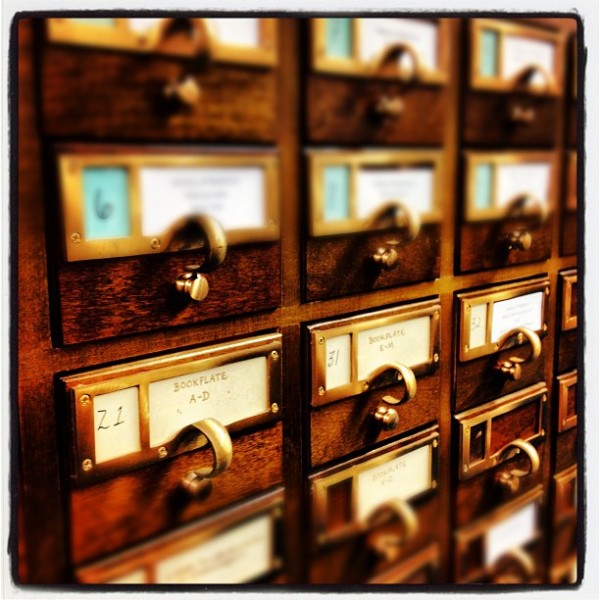
The Water Defenders: How Ordinary People Saved a Country from Corporate Greed (Beacon Press, 2021), by Robin Broad and John Cavanagh, is the winner of the 2021 Juan E. Méndez Book Award for Human Rights in Latin America.
This is the thirteenth year of this prestigious award. The award is supported by the Duke Human Rights Center@the Franklin Humanities Institute, Duke’s Center for Latin American and Caribbean Studies, and the Human Rights Archive at the Rubenstein Rare Book & Manuscripts Library.
The Water Defenders tells the story of courageous El Salvadorans who fought together to combat the exploitation of their country’s natural resources. As the writers note, while this story is about El Salvador, as importantly, it is “also about how global corporations—be they Big Gold or Big Pharma or Big Tobacco or Big Oil or Big Banks—move into poorer communities in countries all over the world.”
Broad and Cavanagh will accept the award and talk about their work at a virtual event on Tuesday, February 22, at 5:00 pm EST.
Robin Kirk, chair of the selection committee and co-director of the Duke Human Rights Center, noted that the book is both timely and representative of long-standing conflict around natural resources in Latin America. “Since Europeans first began exploiting the region’s wealth, native populations have fought back,” Kirk said. “But rarely have we been so well and intricately guided on how these fights take shape in villages and towns that rarely make the news. It is there, to paraphrase Eleanor Roosevelt, that human rights takes shape and gains real power to make positive change.”
The judges were unanimous in their praise. Patrick Stawski, Human Rights Archivist at Duke’s Rubenstein Rare Book and Manuscript Library, noted:
Broad and Cavanagh address how international global capital, particularly Big Mining, connects climate change and human rights in its pursuit of profit extraction at the cost of local communities. The authors tell this story by focusing in on a singular set of communities in El Salvador and the individual lives impacted by these vast processes. I liked how the authors historically situated the current fight for clean land and water as an extension of the long human rights struggles in Central America, and how those struggles created a very capable indigenous human rights movement. I was particularly drawn to the autochthonous nature of the activism that confronted the insurgent mining interests. The book underscores the agency of these activists, their intelligence and sophisticated understanding of the issues confronting their communities, as well as their agile deployment of human rights strategies to defend their communities.
Maria McFarland Sánchez-Moreno, a senior legal adviser to Human Rights Watch and a former Méndez winner, noted that “This is an inspiring story about how people with limited resources were able to organize and protect their community. It’s well told, and highly relevant to current events, including protest movements over mining and environmental harm throughout the region.”
For Prof. Kirsten Weld, also a former Méndez winner and professor of history at Harvard University, the story was important and “told with brio, very readable and inspiring. It engages the politics of extractivism in a way that resonates beyond the Salvadoran case.”
When notified of the award, Broad and Cavanagh stated, “We are deeply honored by this Award which we accept in the names of the hundreds of environmental defenders who are murdered each year around the world for fighting for the most basic of human rights. So too are we honored by the fact that the Award is named for the venerable human right champion, Juan Méndez. May the victories of the Salvadoran water defenders inspire us all to rethink the possible.”
First awarded in 2008, the Méndez Human Rights Book Award honors the best current non-fiction book published in English on human rights, democracy, and social justice in contemporary Latin America. The books are evaluated by a panel of expert judges drawn from academia, journalism, human rights, and public policy circles.
See the Méndez Book Award website for more information and previous award winners.










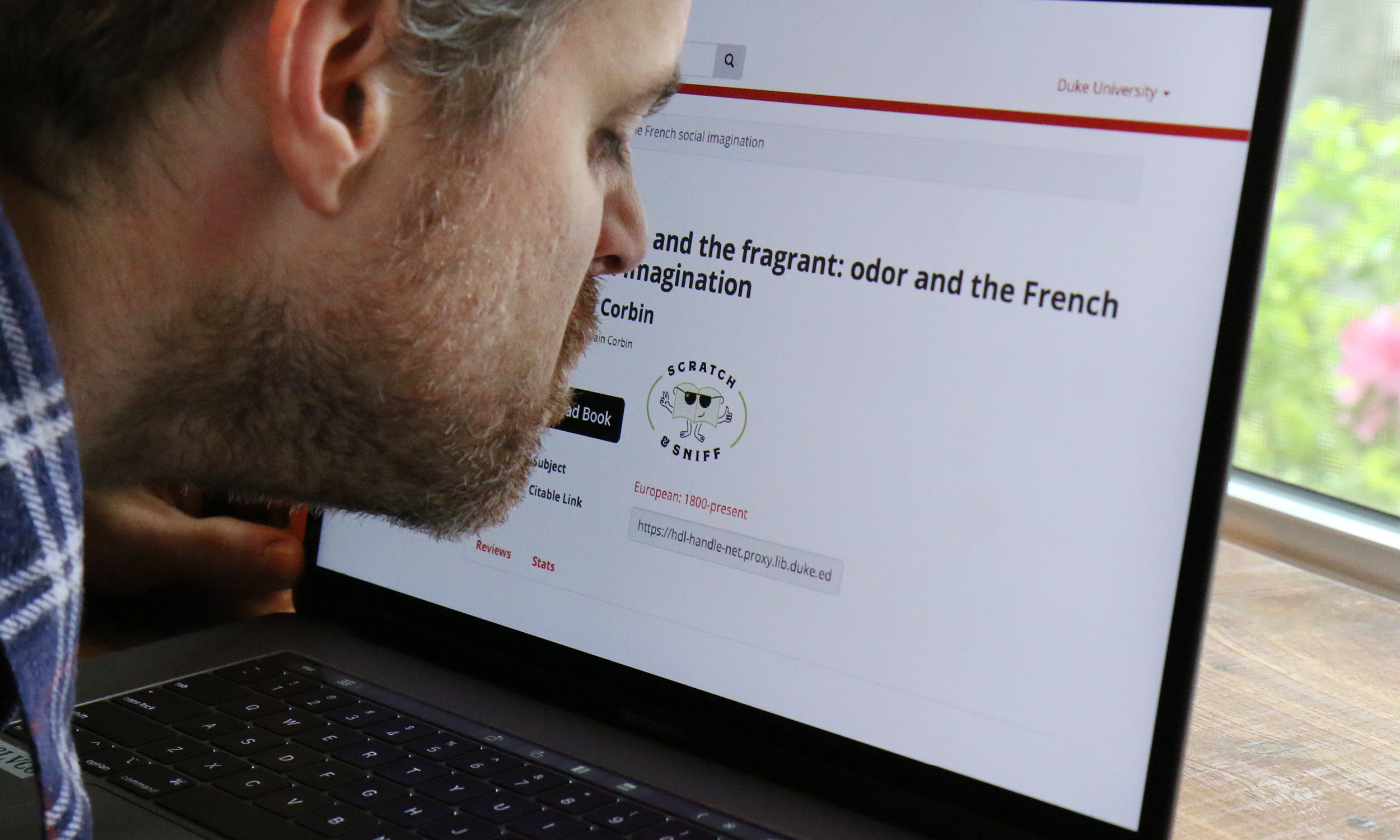













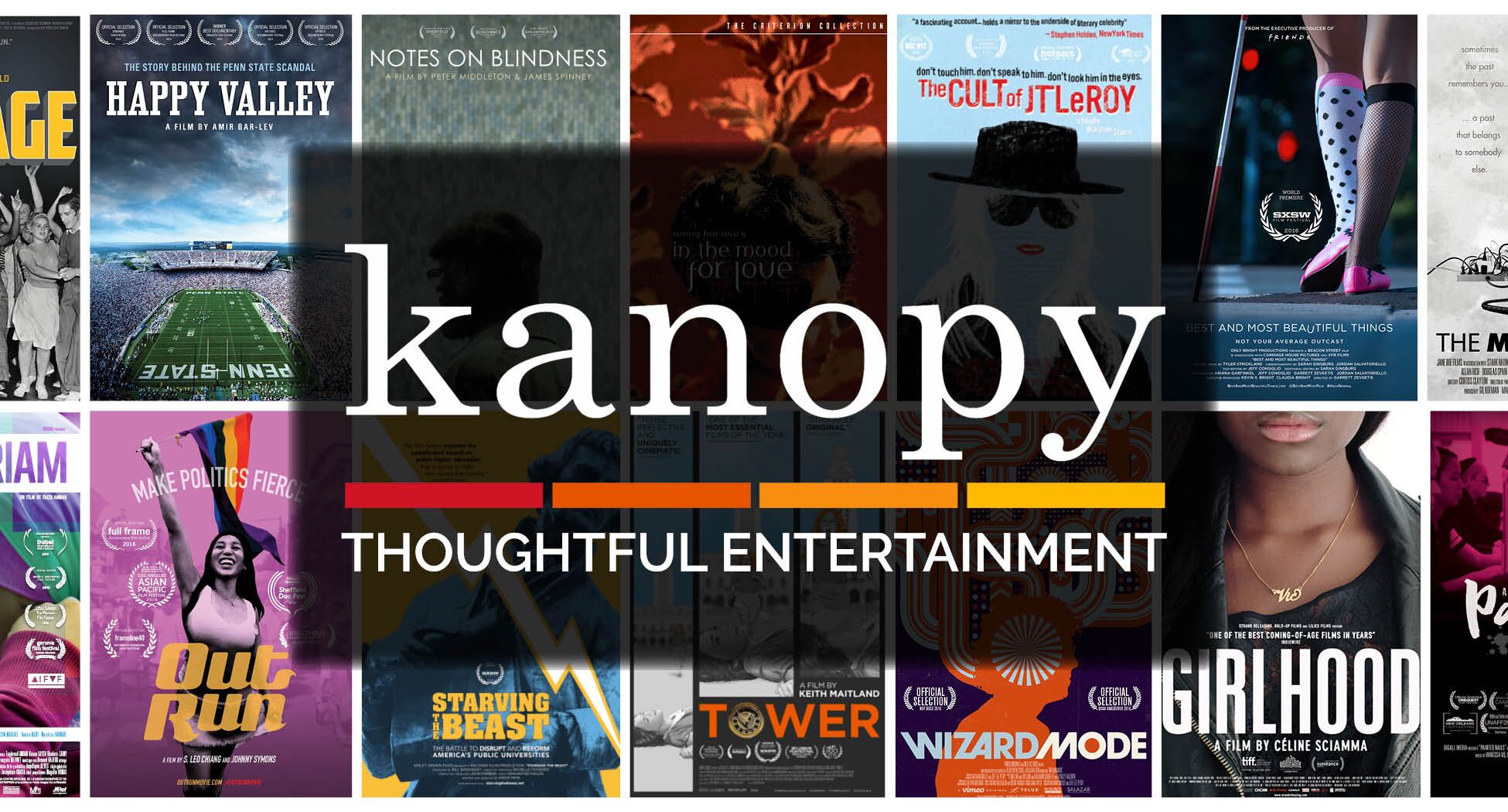
 Danette Pachtner
Danette Pachtner


 Award Goes to There Are No Dead Here: A Story of Murder and Denial in Colombia by María McFarland Sánchez-Moreno
Award Goes to There Are No Dead Here: A Story of Murder and Denial in Colombia by María McFarland Sánchez-Moreno Maria McFarland Sánchez-Moreno is an activist, writer, and lawyer. As the executive director of the
Maria McFarland Sánchez-Moreno is an activist, writer, and lawyer. As the executive director of the 




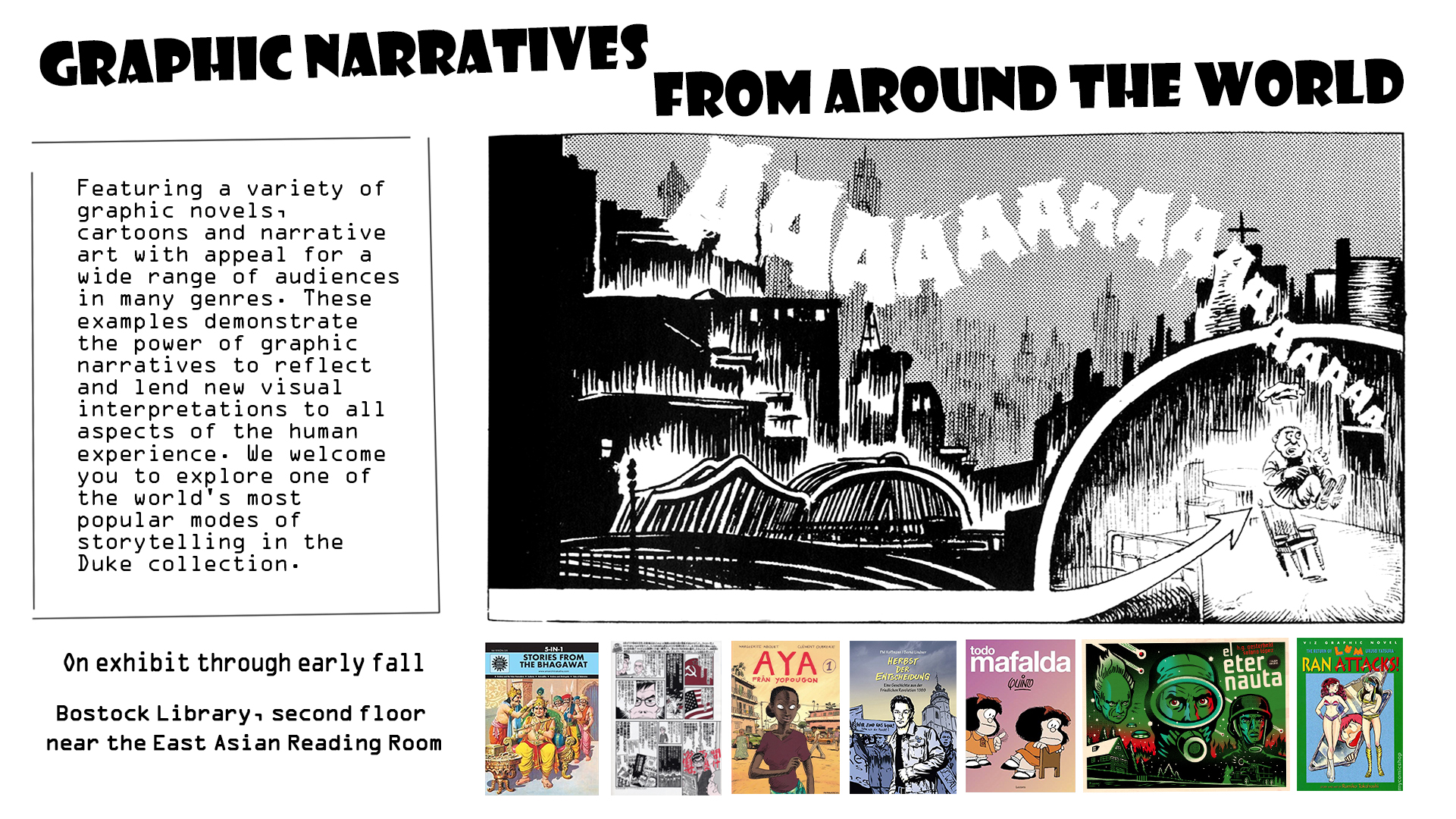
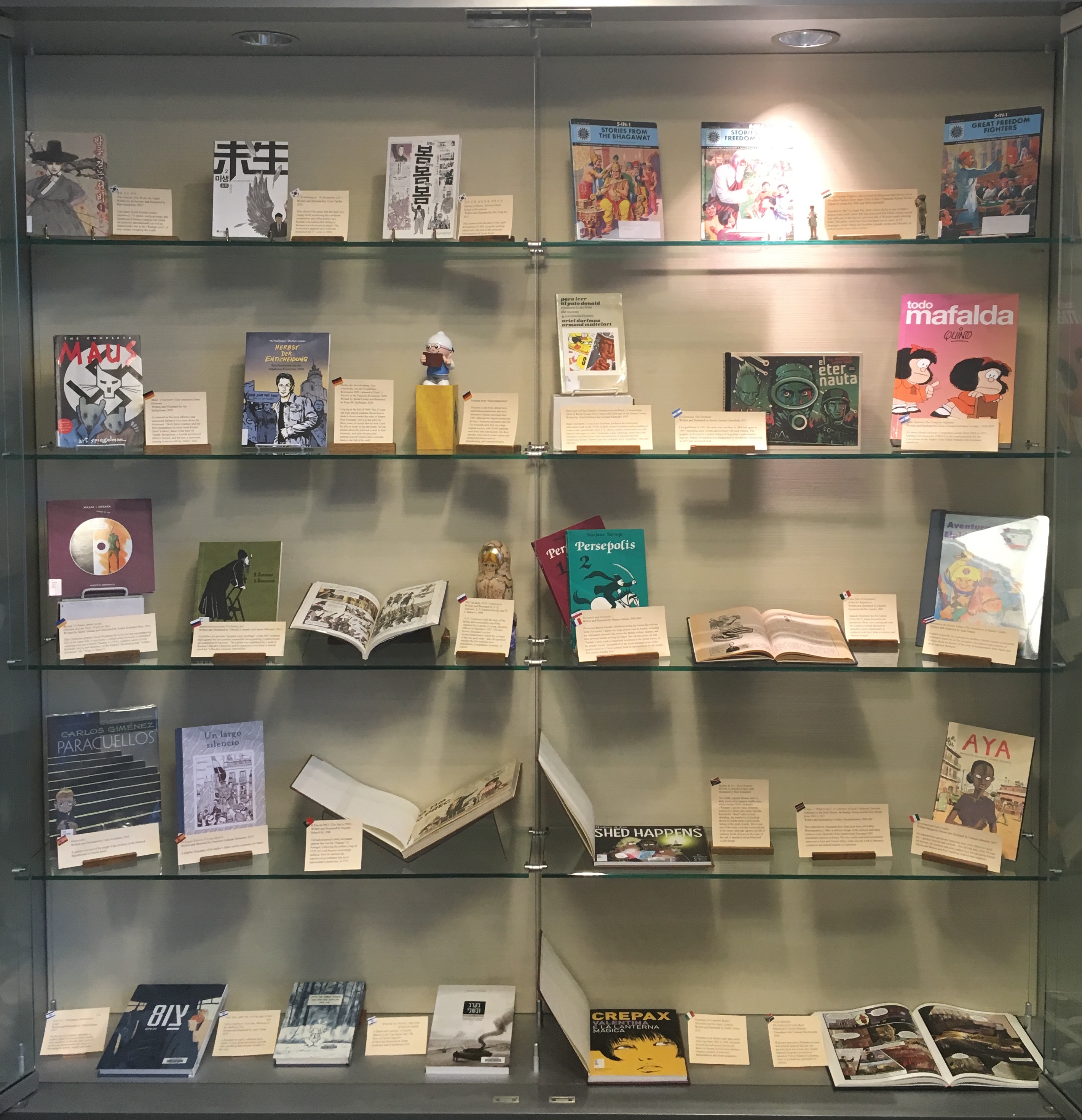


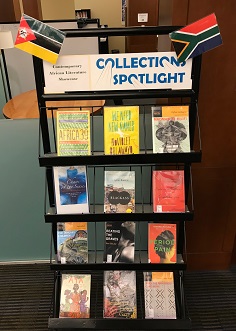 What is African literature? Is it literature created by Africans or about Africans? These are some of the questions students in the Duke Africa Conversations Club hope to spark in their selection of books for Duke University Libraries’ current Collection Spotlight on Contemporary African Literature.
What is African literature? Is it literature created by Africans or about Africans? These are some of the questions students in the Duke Africa Conversations Club hope to spark in their selection of books for Duke University Libraries’ current Collection Spotlight on Contemporary African Literature. The Africa Conversations Club encourages discourse at Duke about issues relating to the African continent and the African diaspora. Their selections (chosen in consultation with Heather Martin, African and African American Studies Librarian) highlight contemporary African fiction, nonfiction, and poetry.
The Africa Conversations Club encourages discourse at Duke about issues relating to the African continent and the African diaspora. Their selections (chosen in consultation with Heather Martin, African and African American Studies Librarian) highlight contemporary African fiction, nonfiction, and poetry.
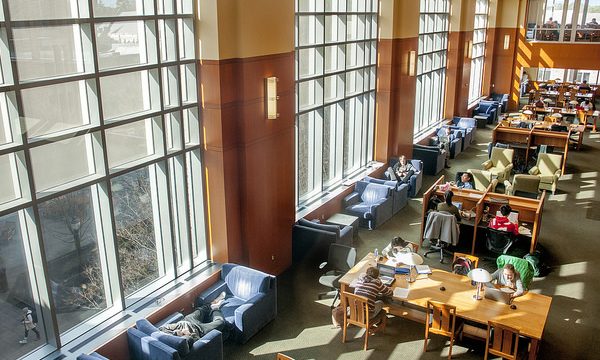







 Seasonal Velocities: Poems, Stories, and Essays
Seasonal Velocities: Poems, Stories, and Essays Trans: A Memoir
Trans: A Memoir Redefining Realness: My Path to Womanhood, Identity, Love & So Much More
Redefining Realness: My Path to Womanhood, Identity, Love & So Much More
 My life has always revolved around the sale and distribution of food. My food-centric lifestyle is not all that surprising, as my family owns and operates gourmet food stores in Pittsburgh. By the time I was three years old, I was working behind the counter, standing on a plastic milk carton so that customers could see me while I earned my family “business degree.” After years of practice (and a growth spurt or two) I could easily reach over the counter to hand my family’s homemade kielbasas to customers. My grandfather made those sausages. He established the family business, too, by starting as an itinerant vendor at a roadside food stand in the 1940s. Over time, he worked his way towards opening a series of grocery stores with the support of my grandmother, mother, aunts, and uncles. Together, my family created a business committed to supporting small-scale local farmers and artisans while preserving the culinary heritage of Pittsburgh.
My life has always revolved around the sale and distribution of food. My food-centric lifestyle is not all that surprising, as my family owns and operates gourmet food stores in Pittsburgh. By the time I was three years old, I was working behind the counter, standing on a plastic milk carton so that customers could see me while I earned my family “business degree.” After years of practice (and a growth spurt or two) I could easily reach over the counter to hand my family’s homemade kielbasas to customers. My grandfather made those sausages. He established the family business, too, by starting as an itinerant vendor at a roadside food stand in the 1940s. Over time, he worked his way towards opening a series of grocery stores with the support of my grandmother, mother, aunts, and uncles. Together, my family created a business committed to supporting small-scale local farmers and artisans while preserving the culinary heritage of Pittsburgh.






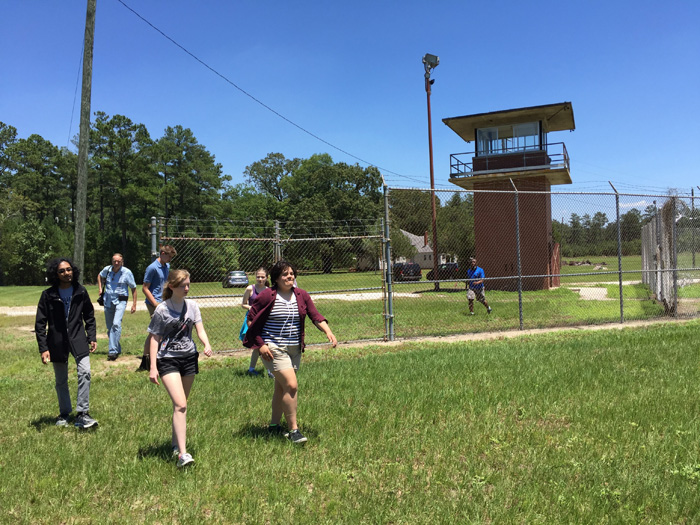

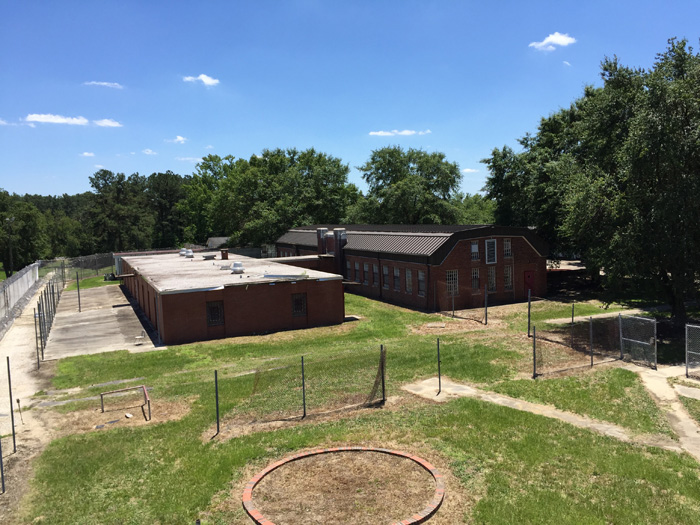






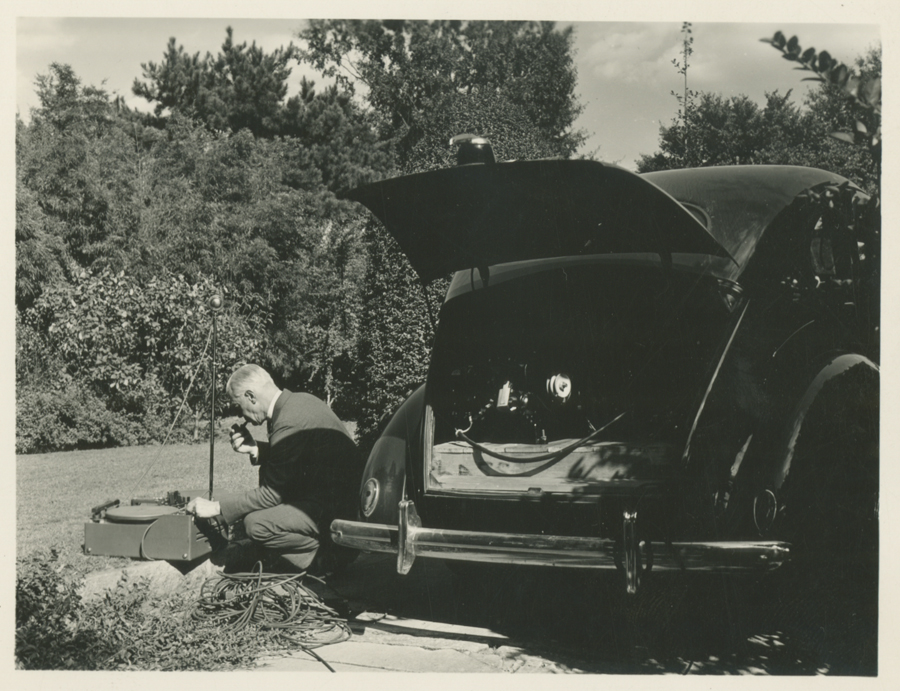
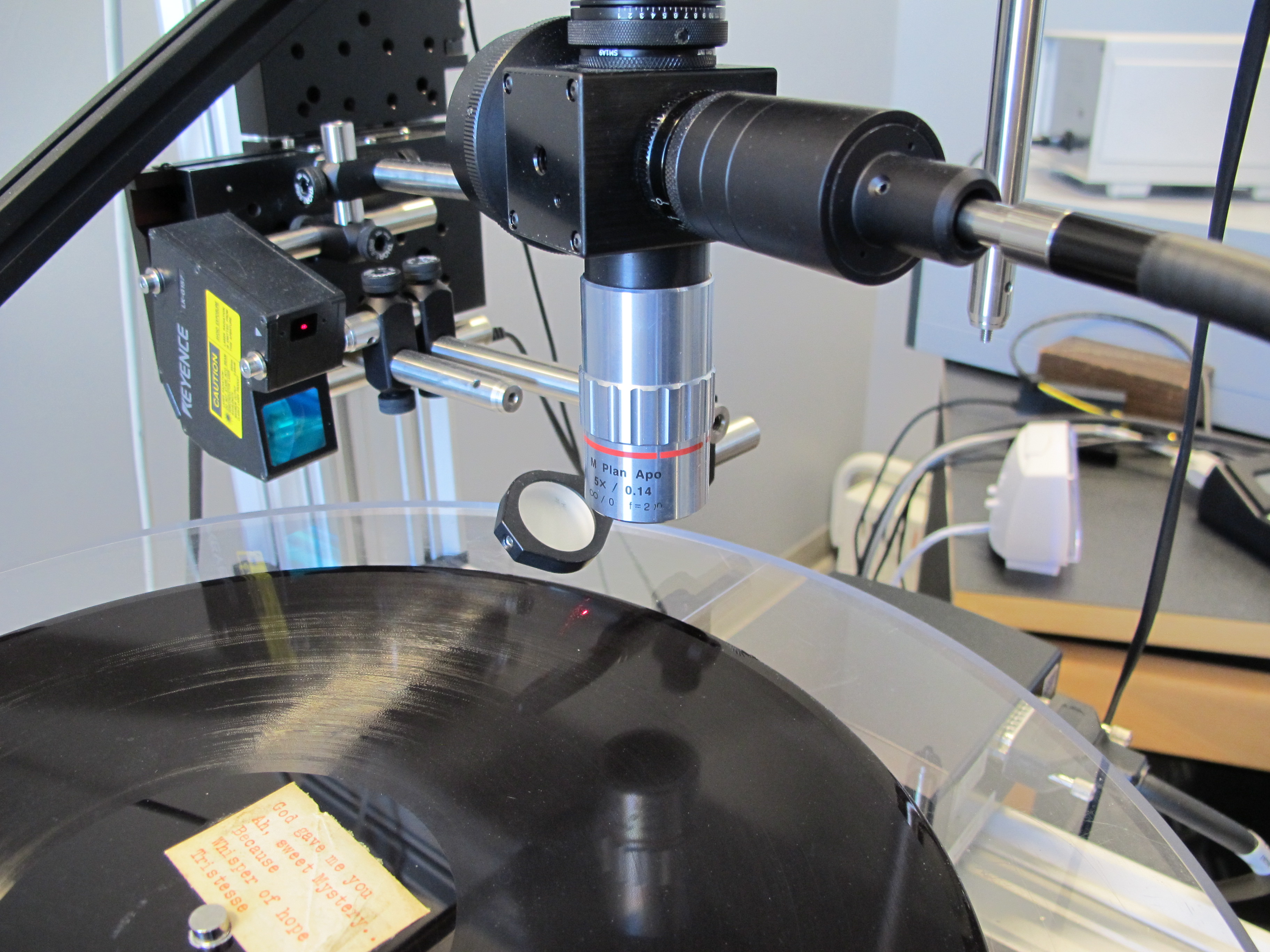



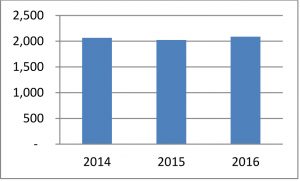
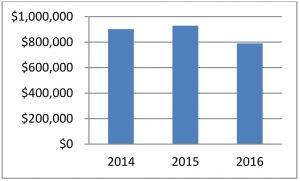

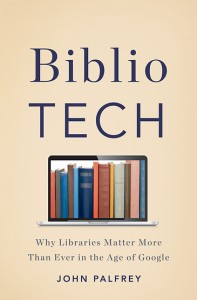 Join the Duke University Libraries as we celebrate the opening of the
Join the Duke University Libraries as we celebrate the opening of the 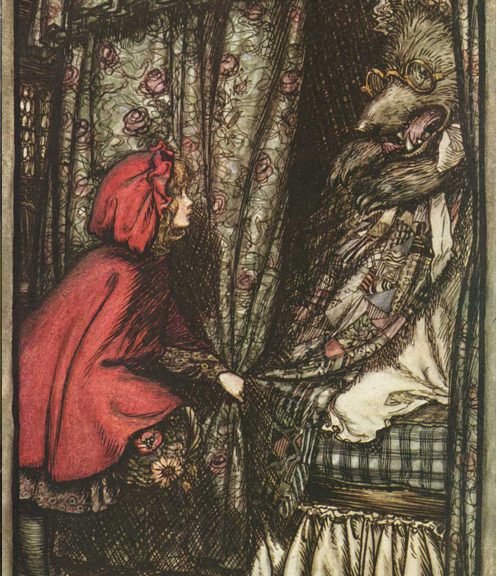

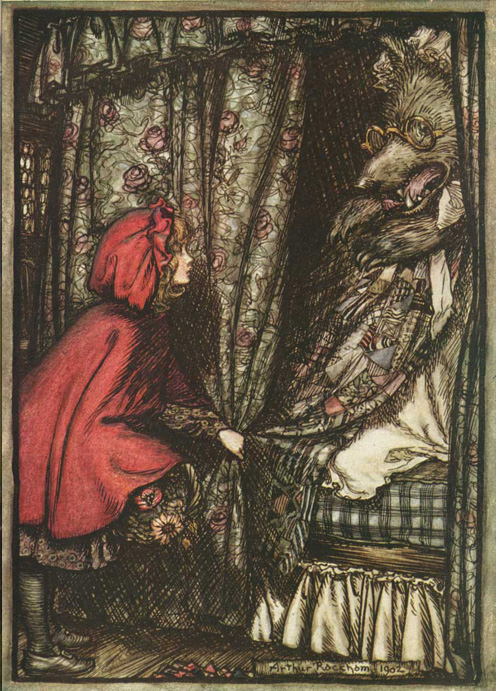
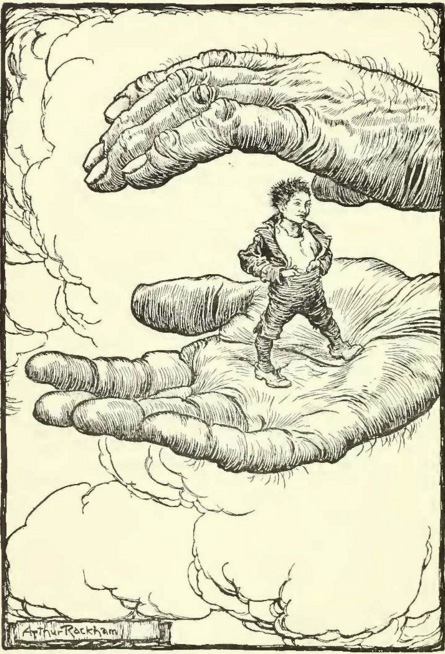
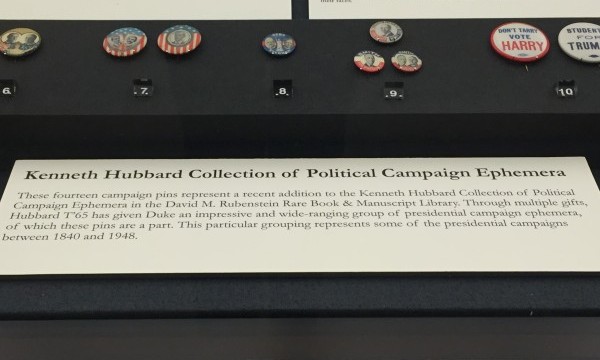
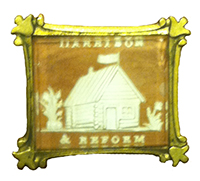
 Name: Jeff Kosokoff
Name: Jeff Kosokoff Name: Dee McCullough
Name: Dee McCullough
 Name: Judy Bailey
Name: Judy Bailey




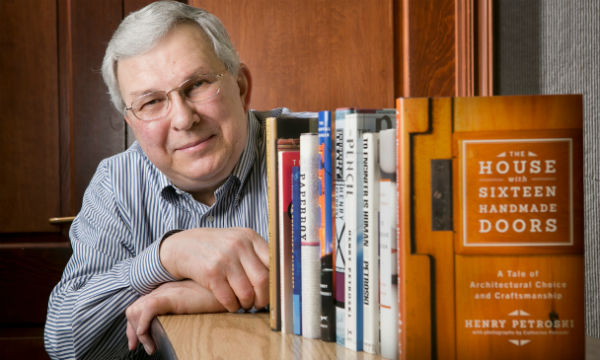

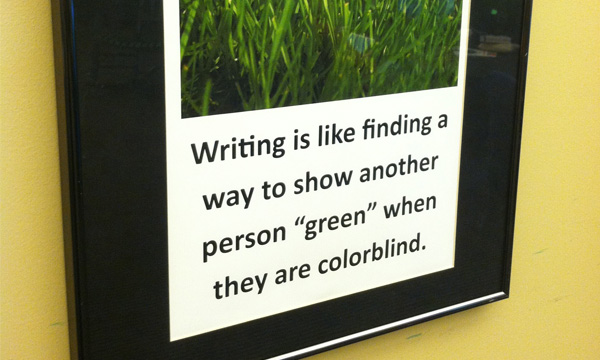





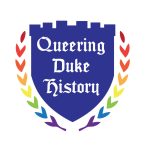 On exhibit August 14 – December 14, 2014
On exhibit August 14 – December 14, 2014
















 The quick and frivolous
The quick and frivolous
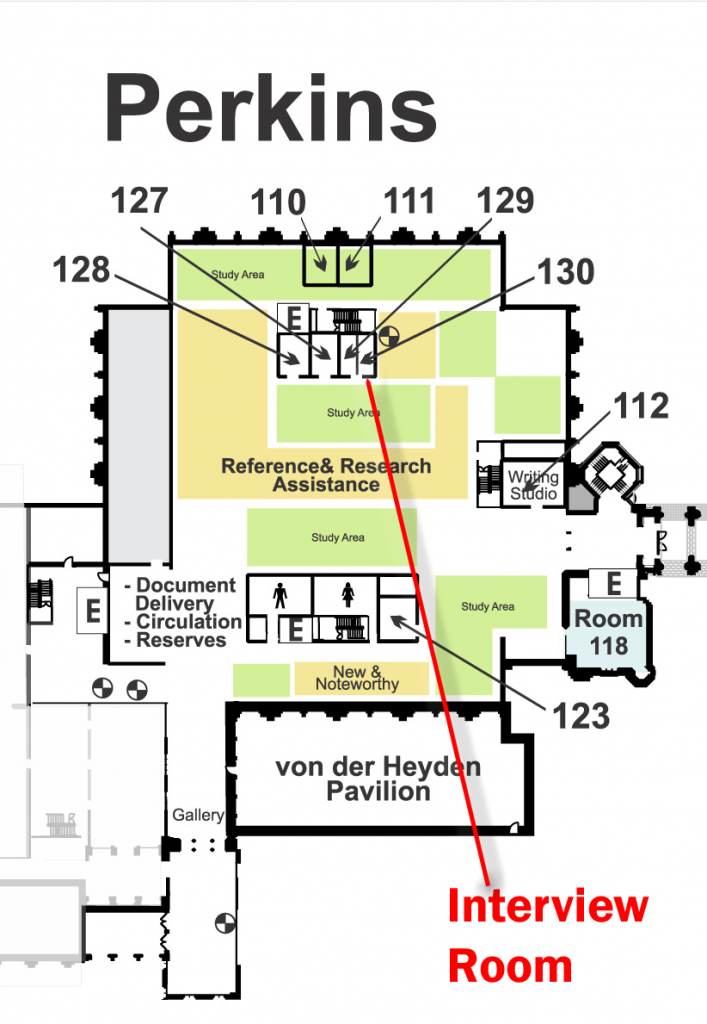









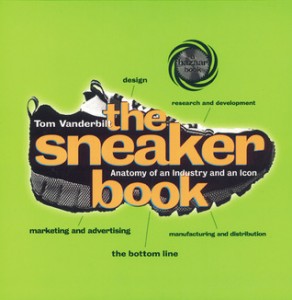

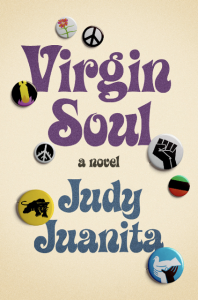 Poet, playwright, and activist Judy Juanita joins us to discuss her first novel, Virgin Soul. Virgin Soul tells the story of Geneice, a young college student in 1960s San Francisco balancing school and activism when she joins the burgeoning Black Panther Party during its formative years.
Poet, playwright, and activist Judy Juanita joins us to discuss her first novel, Virgin Soul. Virgin Soul tells the story of Geneice, a young college student in 1960s San Francisco balancing school and activism when she joins the burgeoning Black Panther Party during its formative years.




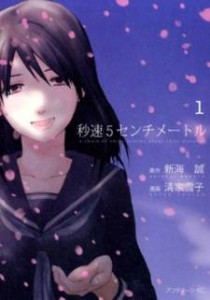








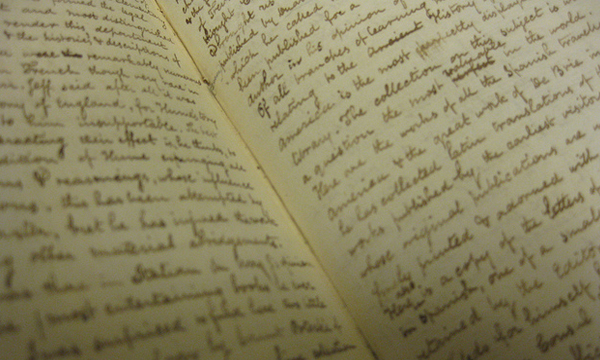






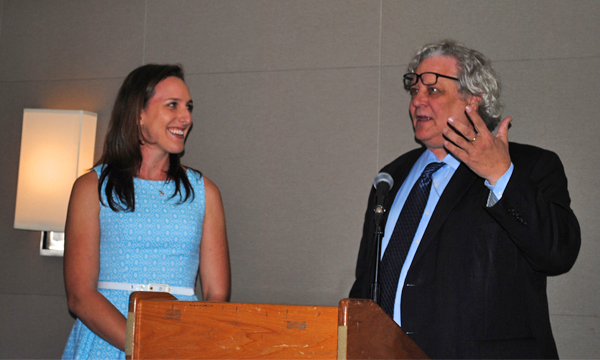












 Deborah Jakubs, Rita DiGiallonardo Holloway University Librarian and Vice Provost for Library Affairs
Deborah Jakubs, Rita DiGiallonardo Holloway University Librarian and Vice Provost for Library Affairs













